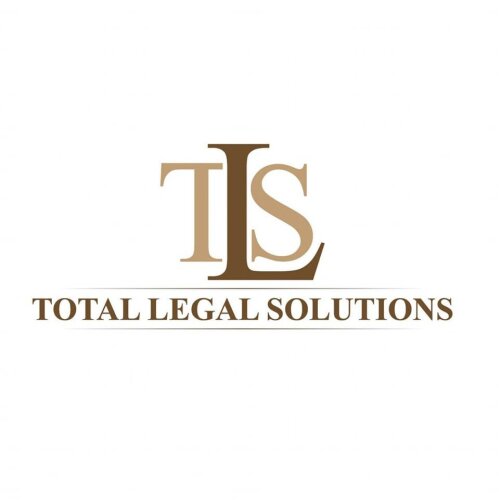Best Investment Lawyers in Malé
Share your needs with us, get contacted by law firms.
Free. Takes 2 min.
List of the best lawyers in Malé, Maldives
About Investment Law in Malé, Maldives
The Investment Law in Malé, Maldives, is designed to regulate and facilitate both local and foreign investments in the region. This legal regime includes policies on land acquisition, foreign direct investments, taxes, partnerships, and more. In an effort to foster a business-friendly environment, the government provides incentives such as tax holidays and protection against expropriation under this law.
Why You May Need a Lawyer
Engaging a lawyer when making an investment in Malé is key to successfully navigating the complexities of the local legal framework. Lawyers can provide counsel on business incorporation, contract negotiations, taxation, dispute resolution, regulatory compliance, and any necessary permits or licenses. This is particularly critical if you are not notably familiar with Maldives legal system or the business culture. Additionally, legal advisors can help identify potential investment risks and business opportunities.
Local Laws Overview
The legal system in Malé, for investment, is bound primarily by the Companies Act, Business Registration Act, and Maldives Foreign Investment Act. These laws outline the rights and obligations of investors, regulatory bodies, and the registration and dissolution of businesses. In particular, the Maldives Foreign Investment Act provides protection for foreign investments and sets out the procedures for dispute resolution. Tax laws such as the Business Profit Tax Act determine the taxation rates and exemptions for investments in Malé.
Frequently Asked Questions
What are the investment sectors available in Malé?
The government encourages investments in areas such as tourism, fisheries, real estate, agriculture, renewable energy, and information and communication technology.
What is the procedure for starting a business in Malé?
Starting a business involves registering the business with the Ministry of Economic Development, obtaining necessary permits from regulatory authorities, and adhering to tax regulations.
Do local laws enable foreign investors to own land in Malé?
No, the Maldivian constitution prohibits foreigners from owning land. However, they can lease land for up to 99 years.
What are the incentives given by the government for investors?
The government offers a range of incentives such as tax holidays, duty-free import of goods for hotel and resort projects, and guaranteed protection against expropriation.
What happens if there is any dispute with my investment?
Maldives law provides for dispute resolution through the court system or through arbitration. The Maldives Foreign Investment Act also provides protection to foreign investors concerning disputes.
Additional Resources
The Ministry of Economic Development and Maldives Investment Authority provide assistance and guidance for investors. For legal advice, the Maldives Bar Association and various private law firms are valuable resources.
Next Steps
If you require legal assistance related to investments in Malé, consider hiring a local lawyer. They will guide you through the entire investment process, help understand your legal obligations and ensure your rights are protected under local laws. Additionally, keep abreast of any changes in the local investment climate by following updates from the Ministry of Economic Development and Maldives Investment Authority.
Lawzana helps you find the best lawyers and law firms in Malé through a curated and pre-screened list of qualified legal professionals. Our platform offers rankings and detailed profiles of attorneys and law firms, allowing you to compare based on practice areas, including Investment, experience, and client feedback.
Each profile includes a description of the firm's areas of practice, client reviews, team members and partners, year of establishment, spoken languages, office locations, contact information, social media presence, and any published articles or resources. Most firms on our platform speak English and are experienced in both local and international legal matters.
Get a quote from top-rated law firms in Malé, Maldives — quickly, securely, and without unnecessary hassle.
Disclaimer:
The information provided on this page is for general informational purposes only and does not constitute legal advice. While we strive to ensure the accuracy and relevance of the content, legal information may change over time, and interpretations of the law can vary. You should always consult with a qualified legal professional for advice specific to your situation.
We disclaim all liability for actions taken or not taken based on the content of this page. If you believe any information is incorrect or outdated, please contact us, and we will review and update it where appropriate.

















